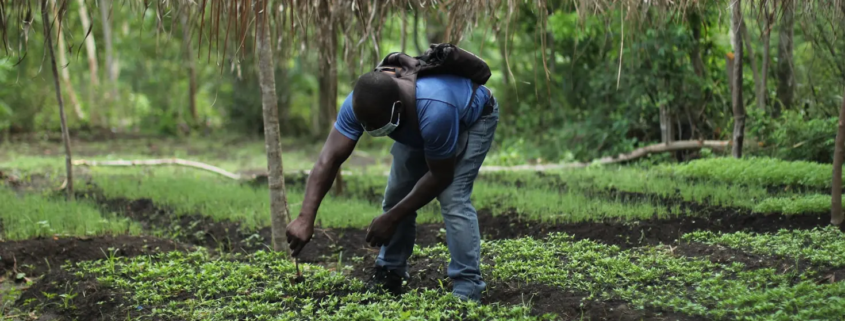Regenerative Agriculture: A New Value Proposition for Kenya’s Coffee Sector
Coffee productivity in Kenya has been on the decline, putting over 1.5 million households, majority smallholders, at risk of losing their means of livelihoods. Between 1990 and 2020, Kenya’s acreage under coffee declined by 30%, from 170,000 to 119,000 hectares. Even worse, production dropped by 70%, from 129,00 to 40,000 Metric Tonnes. The prices of coffee have recently plummeted to as low as Ksh 20 per kilogram of cherry compared to the expected minimum of Ksh. 80 per kg, causing an uproar among the farmers, majority of whom are smallholders. The current productivity of coffee averages 475 kilos per hectare compared to 970 kilos per hectare recorded in 1963.
The low productivity can be attributed to weak coffee sector and extension systems, declining soil health, poor coffee management, adverse climatic conditions and low global coffee prices compared to a high cost of production.
The Government of Kenya has embarked on plans to revive the coffee sector through various coffee sector structural and market reforms.

